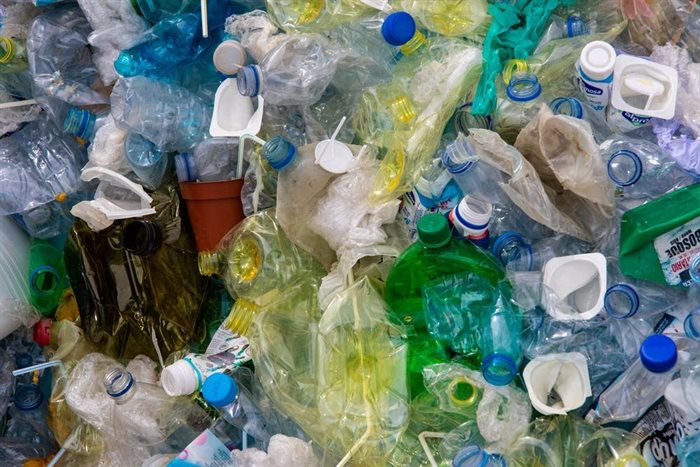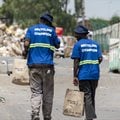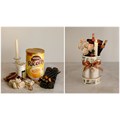More and more plastic waste is being diverted from landfills and into a circular economy that grows employment and entrepreneurship in African countries.
Food and beverage packaging is an important part of modern life, helping to ensure food safety and reduce food waste, yet the world has a packaging problem that requires a comprehensive response.
As part of its responsibility to help address this challenge, Coca-Cola Beverages Africa (CCBA), together with The Coca-Cola Company, has set ambitious goals to help collect a bottle or can for everyone it produces by 2030, use 50% recycled content in all packaging and make 25% of its packaging reusable by the same year, while making all its packaging 100% recyclable by 2025.
The initiative, called World Without Waste, relies on partnerships with customers, consumers communities, industry and governments to succeed. With many initiatives underway across CCBA’s territories, a few recent highlights include the move to clear Sprite PET in six markets which makes it much easier to recycle and has greater value as a recyclable material.
Another milestone is the extension of the Petco model, which is based on the principle of Extended Producer Responsibility, to three additional markets since its inception in South Africa and plans for further rollout to a total of eight markets. CCBA also started using returnable 2L PET in South Africa with the view to roll this out to other markets.
In South Africa, CCBSA partnered with Matongoni Recycling Group to provide a much-needed boost to the collection of PET bottles in rural communities in Limpopo. The company worked with Matongoni and community groups and households to buy collected and sorted waste material and transport it to its two recycling depots in Polokwane and Johannesburg.
With the bottler providing a transport subsidy to Matongoni, collection trucks were able to cover a wider area and a subsidy on collected materials gave locals a bigger incentive to go into the environment and collect as much waste as they could find.
Recycling growing across Africa
In Mozambique, CCBA subsidises a company that converts polyethylene terephthalate (PET) into plastic flake that is transported to South Africa for recycling. The company, AguaPET, uses the subsidy to buy PET from collectors.
CCBA also supports companies, such as Facebol, which operates a baling machine at the CCBA factory to convert PET into bales which are also sent to South Africa for recycling, with the transport costs subsidised by CCBA.
The company supports collectors with personal protective equipment, compacting machines and 1 ton bags to store PET. Through these partnerships, CCBA in Mozambique is already tracking ahead of its 2022 target on its way to the global 100% target.
In another innovation, 2L PET bottles donated by CCBA were converted into bio-sustainable building materials for the construction of a kitchen with a pantry and balcony at a school, as well as a community store, in Massaca, improving nutrition for 60 children and benefiting the community, who no longer have to travel to the city to buy essentials.
CCBA in Namibia donated 550 one-ton sugar bags to waste collectors who use them to store and transport PET bottles, and hydraulic balers to collection centres to facilitate the transport of used PET bottles for recycling.
In Tanzania, CCBA in collaboration with its recycling partner Sunda Chemical Fiber, has recycled more PET than it produced, achieving a recycling rate of 113% over the past two years.







































